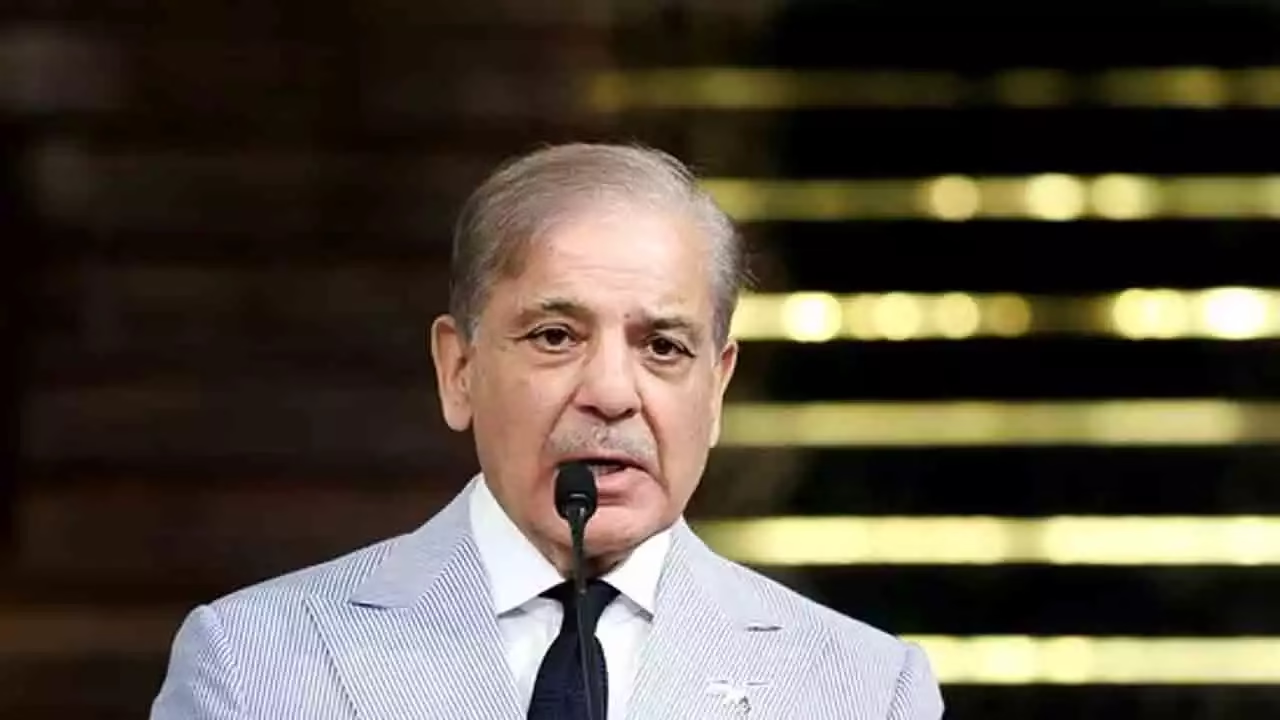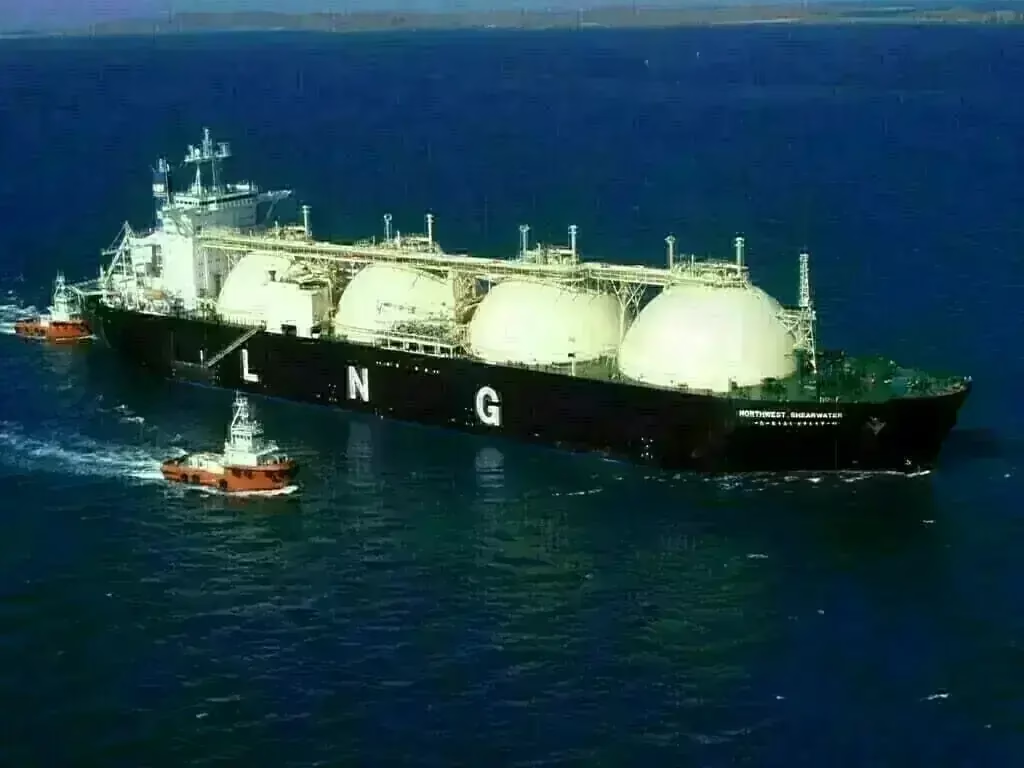In a significant move to tackle the growing challenges posed by climate change, three new digital platforms have been launched in Pakistan to enhance the management of water, food, and energy resources.
Unveiled at a national workshop in Islamabad, the tools — Water Productivity Atlas, Water Body Inventory of Pakistan, and Hydro-Economic Model for the Indus Basin — were developed by the International Water Management Institute (IWMI) to support smarter, data-driven decision-making.
State Minister for Climate Change, Dr. Shezra Mansab Ali Khan Kharal, commended the initiative, highlighting that the platforms will improve government planning through real-time data and foster transparency in managing competing sectoral needs.
The workshop, centered around the “Water, Energy, Food, and Environment (WEFE) Nexus,” emphasized integrated approaches to climate risk. It was organized by IWMI and CGIAR, with support from the UK’s Foreign, Commonwealth & Development Office (FCDO).
Participants included federal and provincial officials, engineers, researchers, and civil society representatives.
Federal Secretary for Water Resources, Syed Ali Murtaza, noted that rising water tensions with India have strained Pakistan’s water systems, making efficient resource use and better planning critical. “These tools will guide smarter water distribution and improved agricultural practices,” he stated.
IWMI Director Dr. Mohsin Hafeez stressed that water, food, energy, and the environment must be managed as an interconnected system rather than in isolation. “We must stop treating them as separate issues,” he said.
FCDO’s Senior Climate Lead, Ms. Anna Balance, emphasized UK support through the Water Resource Accountability in Pakistan (WRAP) program. She urged ministries to collaborate, promote platform adoption, and build institutional capacity.
IWMI Director General Dr. Mark Smith underlined the importance of aligning science, policy, and governance to build climate resilience, calling the workshop a starting point for deeper collaboration.
Dr. Muhammad Ashraf, IWMI Pakistan’s Country Head, concluded that the real success lies in embedding these tools and partnerships into government planning and long-term investments.



